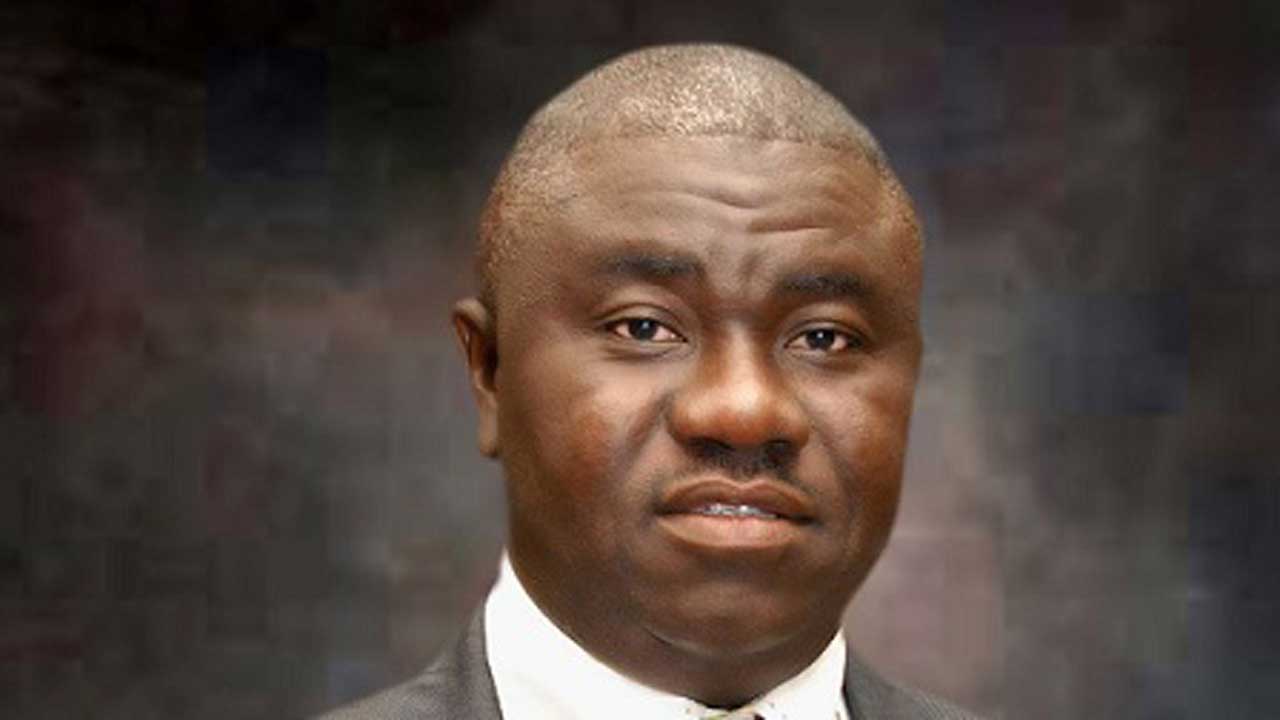An analysis of the development plans by four administrations in Nigeria shows they have not yielded the result envisaged by the policy planners 20 years after, a report by the Centre for Democracy and Development (CDD) has shown.
Since Nigeria attained democratic rule in 1999, successive governments have doled out national development plans to salvage the economy from sluggish growth as well as streamline government policies to achieve its economic objectives.
The study noted that the National Economic Empowerment and Development Strategy (2004-2007) of President Olusegun Obasanjo’s presidency saw the economy sustaining a significant growth due to debt relief by multilateral organisations.
However, the inability of CBN to sterilise the liquidity effects of expenditure created disparities between the actual targets and NEEDS projections as inflow of cash into the economy grew by 31.4%, year-on-year, than the projected 15.5% plan.
It noted that the period saw a positive outlook for the economy as actual performance did more than the projection of the plan.
Under President Umaru Musa Yar’adua, the launch of the seven points agenda (2008-2010) was to sustain the economic growth recorded by his predecessors.
Despite a crash in the price of oil, which has been a major source of government revenue, increased activities in the non-oil sector saw a 6.9 per cent GDP growth in the economy even though growth targets were not met.
The report noted that the global economic crisis during the period also brought challenges to the economy as government revenue declined and the debt stock increased from N2.5 trillion (6.5% of GDP) in 2008 to N5.3 trillion (9.7% of GDP) in 2010.
Inflation figures also spiked from a single digit of 6.6% in 2007 to 15.1% in 2008 but the inflationary pressure did subsequently ease to 11.8% in 2010.
It added that the external sector recorded a positive current account balance throughout the period as on average, the current account balance (CAB) stood at 9.5% of GDP, much lower than the projected average of 24.2% of GDP.
Its success hinged on the recovered oil prices, which accounted for 90% of exports, thereby, emphasising the vulnerability of the economy to external shocks.
The Transformation Agenda (2011-2015) of President Goodluck Jonathan was geared towards boosting activities in the real sector by ensuring food security, improving manufacturing output and promoting private sector investments but the economy which grew by 6.2% in 2014 declined to 2.6% in 2015.
The decline was blamed on a crash in crude oil prices which has dominated the inflow of foreign cash into the country.
Though the non-oil sectors recorded a modest performance, as there were increases in the agriculture and industry sectors, the government increased borrowing by 97% between 2011 and 2015 as debt stock grew from 10.2% of GDP in 2011 to 13.4% in 2015 to finance critical infrastructure projects.
President Muhammadu Buhari introduced the Economic Recovery and Growth Plan (ERGP) (2017-2020) in the backdrop of a recession in the second quarter of 2016.
The ERGP was aimed to get the economy out of recession by promoting structural economic transformation to ensure sustained, inclusive and diversified growth with an emphasis on the participation of the private sector.
Efforts to grow and diversify the economy during this period met a brick wall as clashes between farmers and herders affected growth in agriculture but the industrial sector grew by 2.1%. However, the little economic growth was not inclusive as the unemployment rate increased to 43.3% in the third quarter of 2018.
The debt servicing by the government during this period was at 60% of its revenues. “The high cost of debt servicing increases recurrent expenditure and constrains government allocation to capital projects.”
The report urged authorities to make policy reforms to bring the major macroeconomic variables influencing the economy under its domestic policy, adding that the economic and fiscal challenges brought about by the collapse of oil prices and the impact of the COVID-19 can be rescinded with growing opportunities in ICT and digital knowledge.
While observing that the continuous dependence on oil for foreign exchange earnings and public revenues has not helped to generate meaningful employment and reduction in income inequality, the report noted that economic growth can be with a diversified economy that incorporates the ICT.

 Join Daily Trust WhatsApp Community For Quick Access To News and Happenings Around You.
Join Daily Trust WhatsApp Community For Quick Access To News and Happenings Around You.


